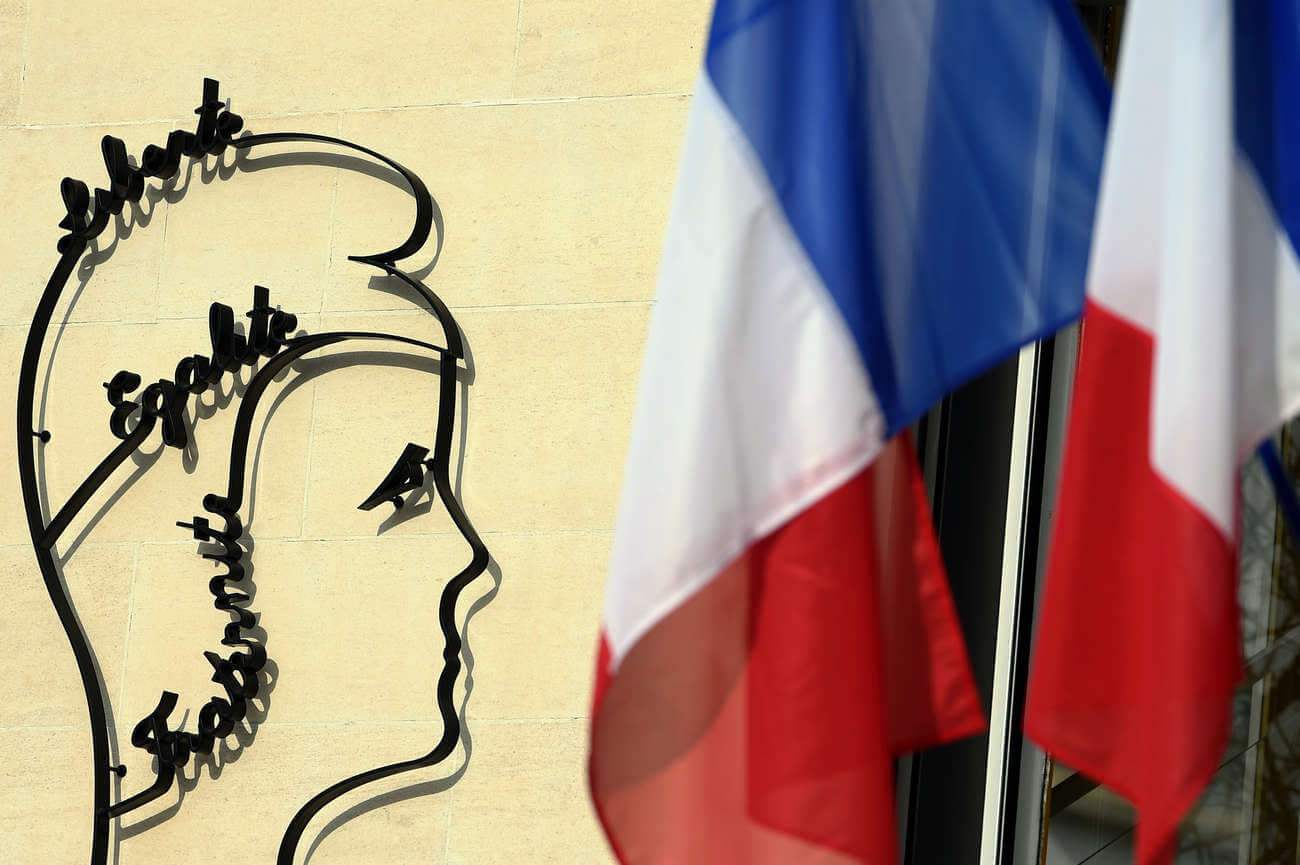With three months to go before the departmental and regional elections and one year to go before the presidential election, the electoral campaign has just begun. Special arrangements and warm-up before the race to the Elysée.
Due to the health risks associated with the Covid-19 epidemic, the departmental and regional elections that were to be held in March 2021 are postponed to June 2021. On Sundays 13 and 20 June precisely. Provided, of course, that the epidemic of Covid does not come to play the spoils. Nobody wants to repeat the mistakes of the municipal elections: a second round organized three months after the first round and a historic abstention rate of about 60%!
If all goes well, then, we will vote to elect the departmental councillors (and the assemblies of Corsica, Guyana and Martinique) and regional councillors in three months. And in a little more than a year, still if all goes well, we will go back to the polls to elect the President of the Republic.
Two elections for the price of one
Since two elections will be held on the same day, some special arrangements had to be made for this double vote. For example
- each voter will be able to have two proxies as opposed to the usual one (for those established in France);
- the same voting machine may be used for both regional and departmental elections;
- the same person may preside over the polling station for the regional and departmental elections and the same person may act as secretary for both stations if they are located in the same place;
- the State will have to provide the communes with the appropriate sanitary protection equipment (masks…) for each polling station.
We can see from here that there will be some trouble ahead.
As for the electoral campaign, it is also subject to special measures.Its duration is extended to 19 days (instead of the usual 12). For the first round, it is set from May 24, 2021 at 0 hour to June 12, 2021 at 0 hour. In case of a second round, the campaign will open on June 14 at noon and will end on June 19, 2021 at midnight;
- the ceiling for propaganda expenses is increased by 20%;
- Candidates may set up a toll-free number, allowing voters to obtain information on their programs;
- a communication on the elections, the role and the functioning of the councils to be elected will be broadcast on the public service channels;
- polling companies will have to communicate their margins of error.
Precision: The European community of Alsace will have 3 months after the departmental elections to fix its seat and 6 months after these same elections to adopt the conditions of employment of its personnel.
National stakes
While it is true that the departmental elections remain, with a few exceptions, local elections, the regional elections will have a national dimension less than a year before the presidential election. For it is not only men and women with a more or less charismatic profile who will be seeking the votes of the voters in their department, but political parties, veritable war machines, which will put forward men and women who are often seasoned in oratorical jousting, in ideological battles to defend programs with diametrically opposed approaches to the major subjects of national or international politics.
The result of the vote in the 17 French regions will have a direct impact on the 2022 presidential election. It will make it possible to count the votes of each camp, from the extreme left to the extreme right, and to clarify the forces present in each of the regions: Auvergne-Rhône-Alpes, Bourgogne-Franche-Comté, Bretagne, Centre-Val de Loire, Corse, Grand Est, Guadeloupe, Guyane, Hauts-de-France, Ile-de-France, La Réunion, Martinique, Normandie, Nouvelle-Aquitaine, Occitanie, Pays de la Loire, Provence-Alpes-Côte d’Azur.
Indeed, since the 2017 presidential election, which saw the surprise elimination of Nicolas Sarkozy in the right-wing primaries and then that of François Fillon, wiped out by the affairs, Emmanuel Macron/Jupiter reigns at the Elysée Palace. His party, La République En Marche (LREM), has dominated French politics for five years. Five years of hesitations, clumsiness, confusion in the management of major issues. It is hard to imagine that the French will give their approval to this risky policy, to this chaotic governance revealed notably by the health crisis.
The coming months will be difficult. The next world will be born in pain. Who can doubt it?

